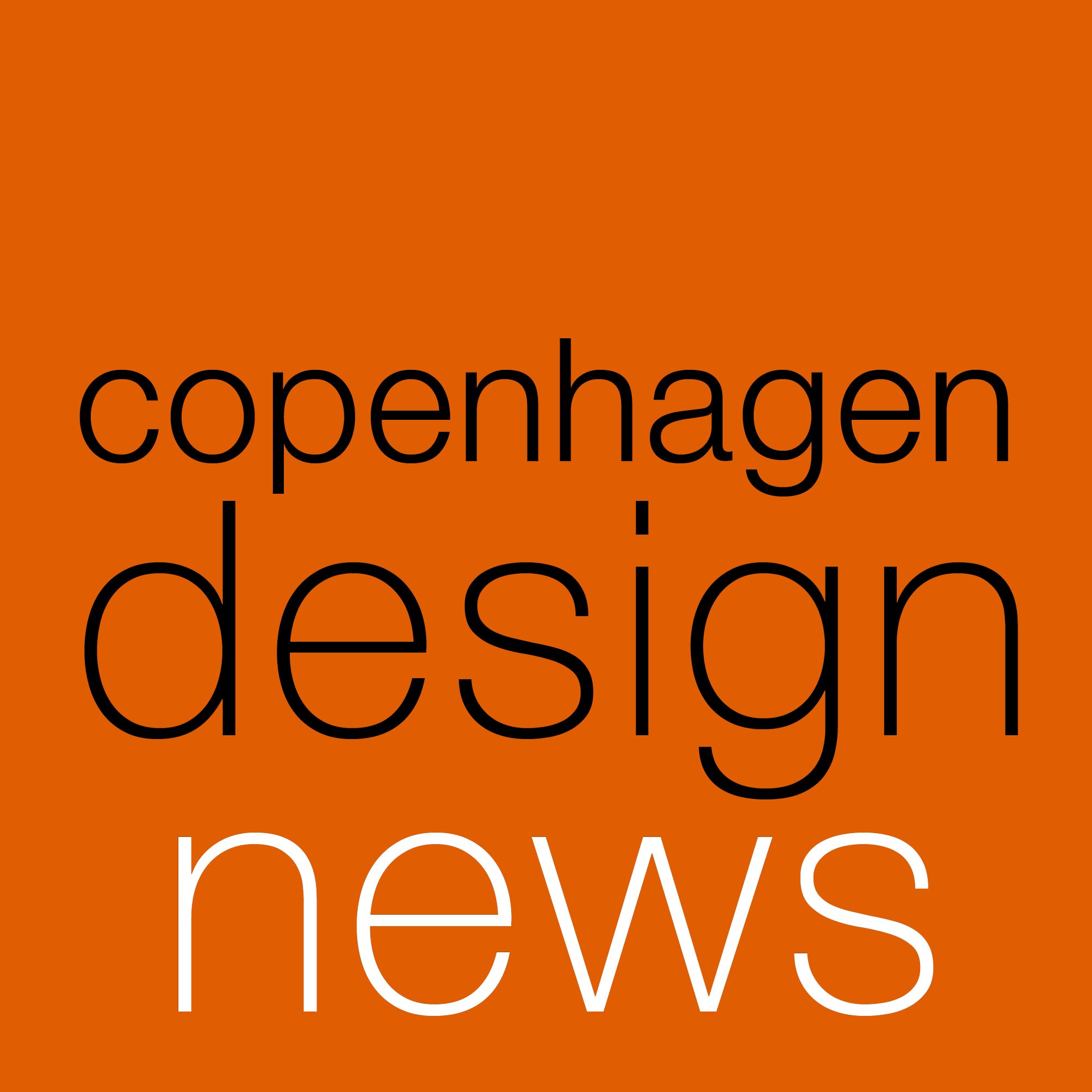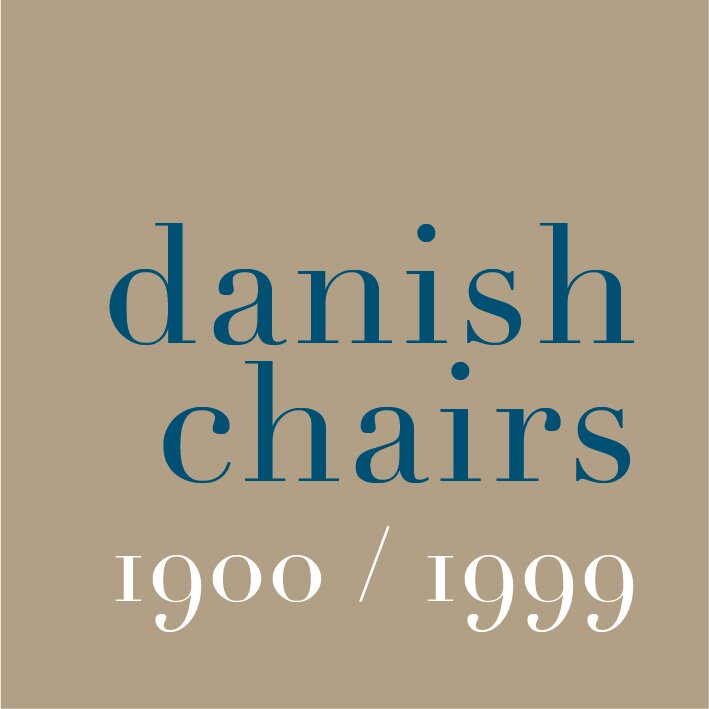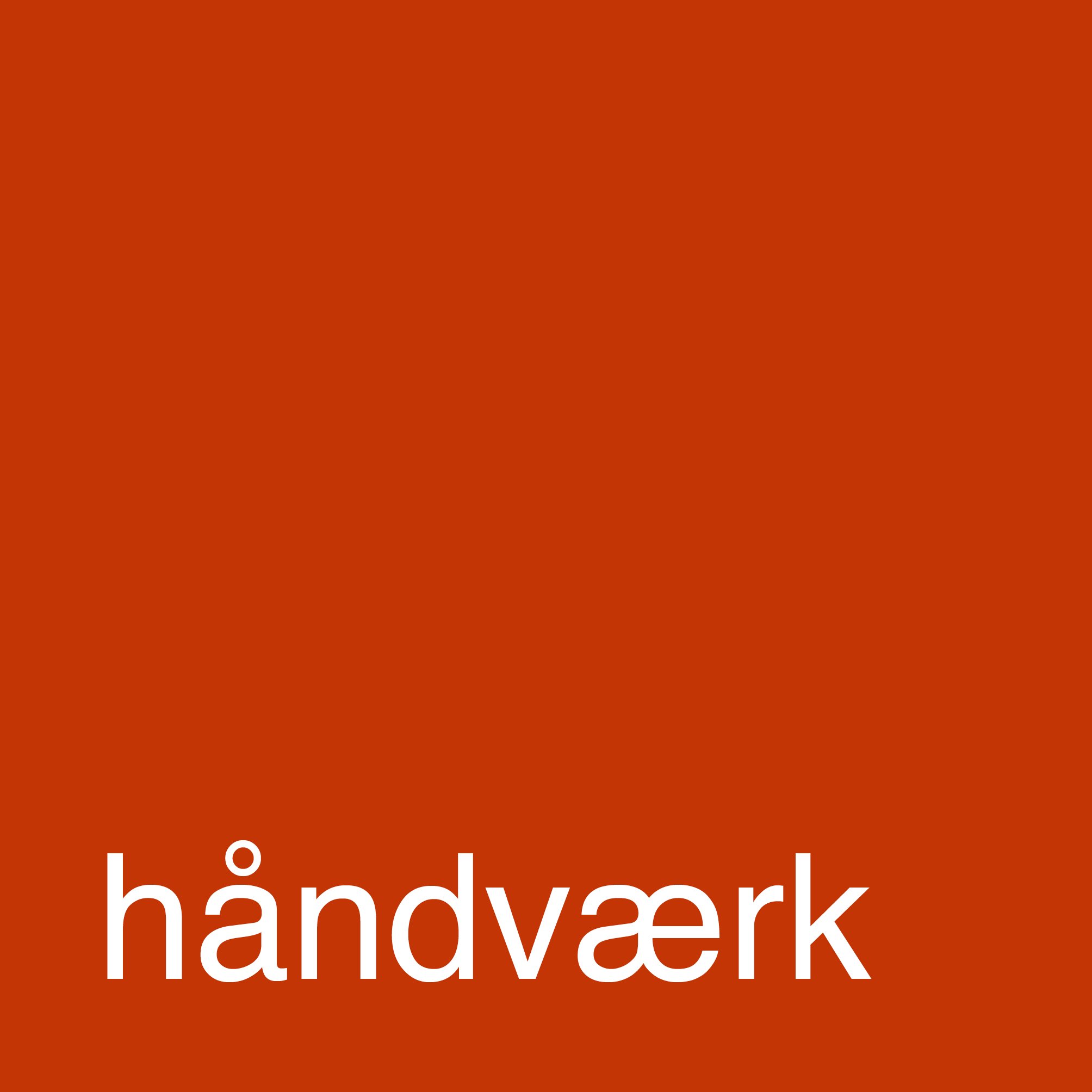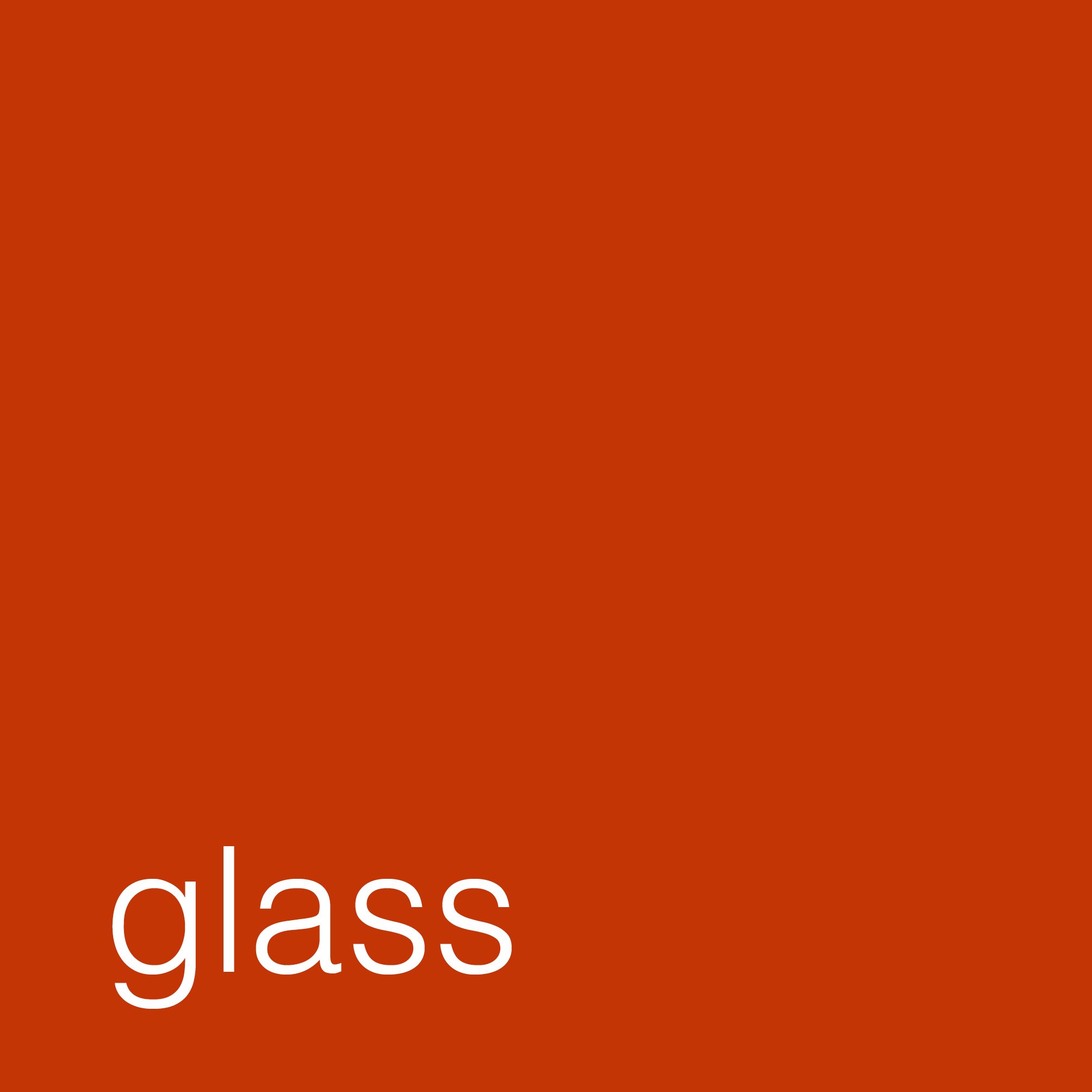'Peak Stuff'
/the recently-opened research and development space for IKEA in the Meatpacking District in Copenhagen
I don’t usually comment on posts on other internet sites or blogs but I have to confess that I was more than a bit curious about various reports on an event in London, hosted by The Guardian, where Steve Howard, Head of Sustainability for IKEA, suggested that in the west we may have “hit peak stuff”
Is business action on climate change believable? - was a panel session with questions from the audience and was held shortly after the Paris summit on climate change.
Steve Howard talked about ‘sustainable abundance’ and at one point suggested that one aim should be to ‘de carbonise growth’ that both sound rather like business as usual but he also talked about IKEA reducing the impact of their transport systems and their stores by using renewable energy and mentioned their move from halogen lighting to the lower energy consumption of LED for lighting sold in the stores which are obviously part of a proactive approach to reducing the use of energy both by the company and by their customers but, to be glib, with 2 million customers visiting an IKEA store each day then the reality is that each day more people in the world must be replacing and dumping more products from IKEA than from most other single companies and the business is not sustainable if it does not continue to sell. At the least, 137,000 people employed by IKEA depend for their livelihoods on selling stuff.
The remark about peak stuff came in response to a question from the audience that asked the panel how the problems of sustainability and the threat to the planet from climate change can be tackled while governments and business see us all as customers rather than as citizens.
Kevin Anderson of the Tyndall Centre for Climate Research admitted that in a ‘complex system’ change is difficult and several points were made about the problem for investors and governments if they have to create policies for a market that inevitably cannot be based on growth. Sasja Beslik from Nordea emphasised that transparency in business is crucial, presumably so we can see what they are or are not doing about energy use and sustainability, and it was pointed out that one serious hurdle is to get governments and major companies to not only focus on a longer-term perspective but also to confront the reality that we cannot have infinite ‘green growth’ but that the trade off might be that we consume less but have more free time … something that Kevin Anderson called ‘steady economics’. It was at that point that Steve Howard, I think in trying to be positive, said that in the west we have “hit peak stuff … peak home furnishings” but it was not clear if he meant peak production or peak demand or a saturation point where everyone in the west really has no space left for an IKEA product.
Will Hutton in his column in the Observer on 31st January gave his well-considered reaction to the idea … if having more no longer satisfies us, perhaps we’ve reached ’peak stuff’.































